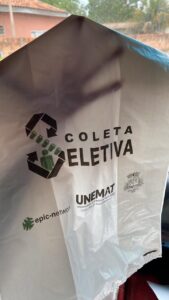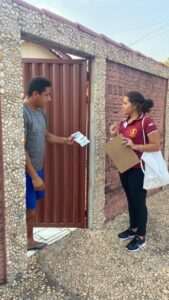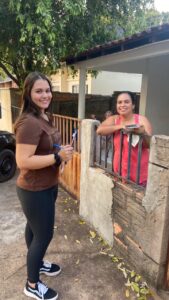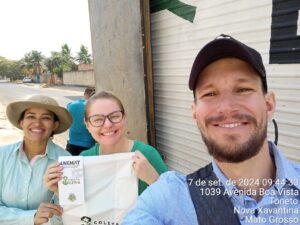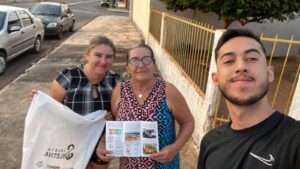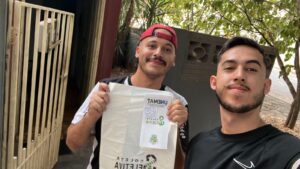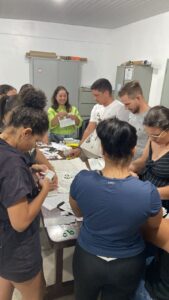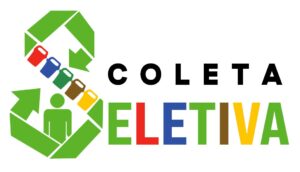According to Brazil’s National Solid Waste Policy (PNRS), established by Law No. 12.305/2010, municipal authorities are responsible for solid waste management, the premise of which is integrated management aimed at reducing waste production, maximizing reuse, recycling materials and disposing of waste in an environmentally appropriate manner, with a view to universalizing services within the municipality. One of the main efforts is to try to use as much waste as possible in a recycled form and minimize the amount of waste sent to landfills.
Nova Xavantina in the state of Mato Grosso is one of the member municipalities of the “Médio Araguaia” Intermunicipal Consortium for Economic, Social and Environmental Development – CODEMA, which is also made up of the municipalities of: Água Boa, Campinápolis, Canarana, Cocalinho, Gaúcha do Norte, Nova Nazaré, Querência and Ribeirão Cascalheira. One of CODEMA’s (2015) objectives is to “encourage institutional strengthening of municipal environmental management, as well as inter-municipal economic development consortia”. These municipalities, located in the central-eastern region of the state of Mato Grosso, currently have an estimated population of 120,000 inhabitants and one of CODEMA’s initiatives was to license and install a sanitary landfill in the municipality of Água Boa, which receives solid urban waste from some of CODEMA’s municipalities.
The main aim of this project is to encourage discussions with the local community and propose a system for the selective collection of solid urban waste for the municipality of Nova Xavantina.
